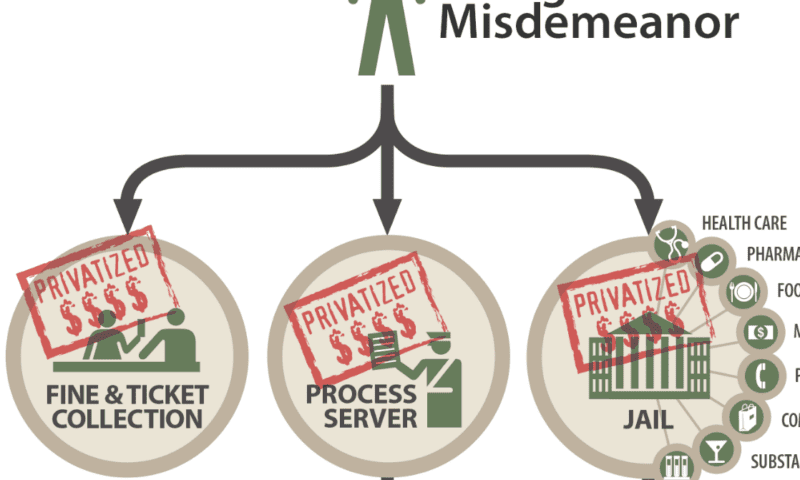
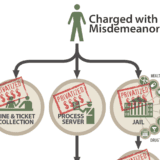
Last Monday the U.S. Department of Justice announced a powerful new effort to stop local practices that unfairly target poor people by trapping them in “cycles of poverty that can be nearly impossible to escape.” Courts across the country are requiring people arrested with minor misdemeanor charges—like driving with a suspended license—to pay fines before getting their day in court. If they can’t afford the fine, they are forced to wait behind bars until they can.
In a statement and letter, the DOJ shed light on what the agency calls a “bureaucratic cover charge for the right to seek justice,” but also on another alarming practice: the use of for-profit companies to collect fines and manage probation.
On top of fines collected on behalf of courts, many private probation companies charge their own fees for things like drug testing and supervision. If people can’t pay these fees—which can be as high as the fines themselves—they can be sent back to jail.
» Read more about: Criminal Justice: The High Price of Breathing While Poor »
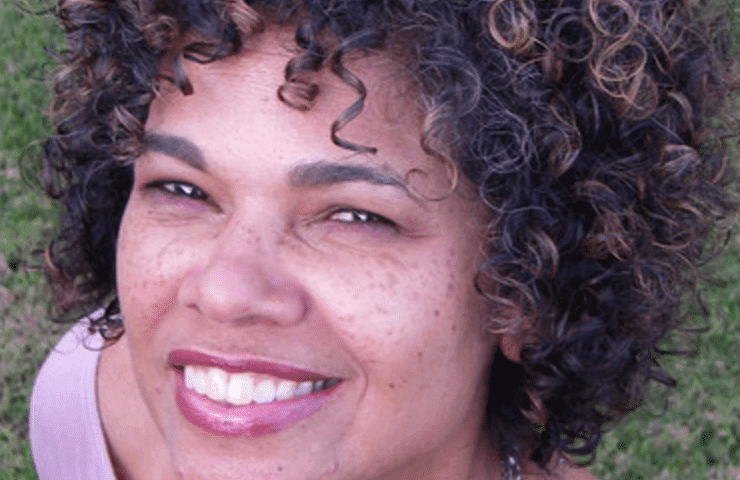
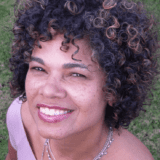
In books, blogs and newspaper pages, Los Angeles journalist and social critic Erin Aubry Kaplan has offered astute and unforgiving opinions about America’s race and class divides. (In 2005 she became the Los Angeles Times‘ first weekly black op-ed columnist.) In Black Talk, Blue Thoughts, and Walking the Color Line, the KCET website contributor gave this cool appraisal of the Rodney King beating trial’s fateful aftermath: “The riots had broken black issues out of a glass case where they had been visible, but coiled and silent.”
Her latest book, I Heart Obama, examines what America’s first black president has meant to African Americans, and to her personally. As Obama’s final term in office winds down, she looks back on the promise and shortfalls of his watershed administration:
“Jackie Robinson had it bad for sure.
» Read more about: Erin Aubry Kaplan Brings “Obama” to Book Soup »
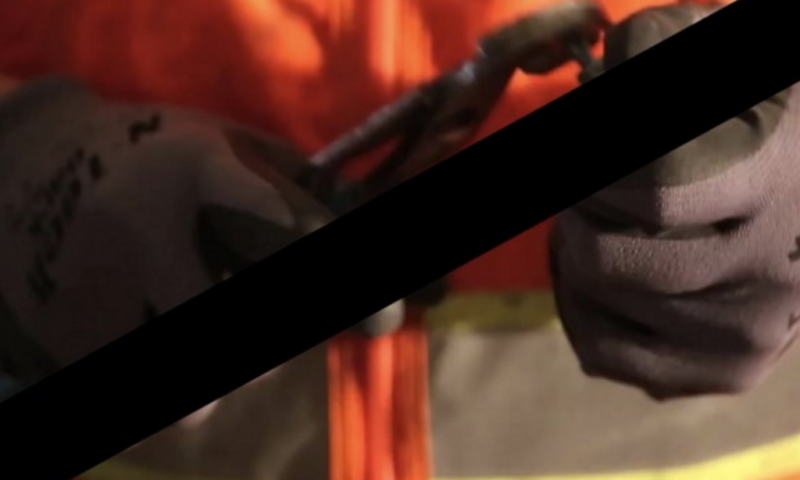
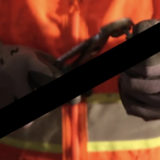
I have been working at the Wilshire Grand Center construction project for a year and a half as a filmmaker trying to capture the daily effort and skill that goes into building our city’s tallest structure. I have approached this three-year project with respect – like one who surfs big waves or climbs our highest mountains – aware of the dangers and humbled by the power and vastness of the environment. I’ve seen many construction workers make the sign of the cross as they arrive in the morning – a gesture of faith and an appeal for safety and guidance. At safety meetings every morning, they are reminded that the main goal is to go home to their families and friends at the end of the day.
Yesterday, one of those workers – an electrician – fell to his death from the 53rd floor. The state’s occupational safety agency,
» Read more about: Reflections on the Wilshire Grand Tragedy »
Twenty years ago a small group of Los Angeles faith leaders – both clergy and lay people – sat around a table in a church library and came up with a name for a new advocacy organization. We were convened by Maria Elena Durazo, then head of the local hotel workers union, and Madeline Janis, founding director of the Los Angeles Alliance for a New Economy. The group would bring the voice of the religious community into the debate at City Hall to establish a living wage.
That idea was simple enough. If the city contracted out work to private companies, the employer had to pay more than minimum wage, something closer to what the minimum wage would have been if it had kept pace with inflation.
CLUE, unions and Latino activists recently pushed Anaheim to adopt district elections.
The group decided to call itself CLUE – Clergy and Laity United for Economic Justice.
» Read more about: CLUE: 20 Years of Fighting for Economic Justice »
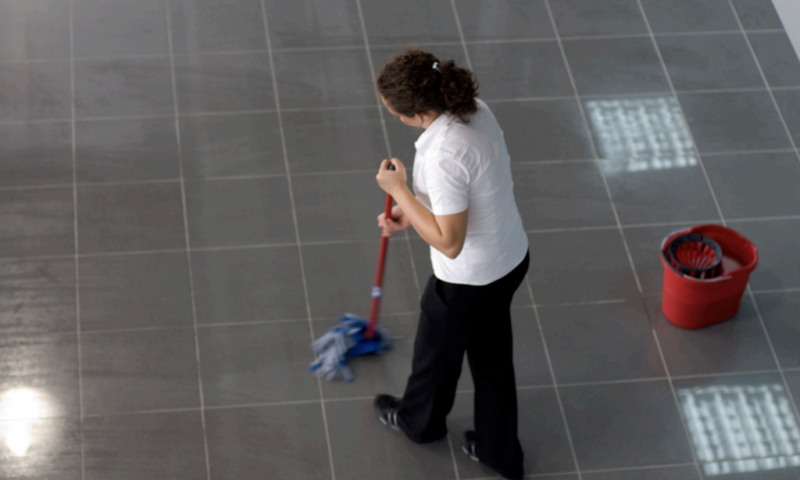
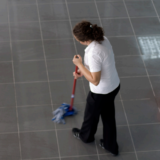
Researchers at the University of California, Berkeley’s Center for Labor Research and Education are shining a light on troubling conditions they uncovered in the state’s property services industry. Their new report, Race to the Bottom: How Low‐Road Subcontracting Affects Working Conditions in California’s Property Services Industry, was released last week.
Women janitors and security guards in the industry— a rapidly growing sector of the state’s economy– are at increased risk of violence and sexual harassment, due to a combination of factors that allow the problems, as the study claims, “to occur and to remain unchecked.”
According to program coordinator for the Labor Occupational Health Program at U.C. Berkeley, Helen Chen, “Janitors and security officers at risk tend to work alone at night in empty buildings…isolated from almost everyone except their immediate supervisors.” Chen, who contributed to the report, announced the study’s findings at a press conference on March 8,
» Read more about: Study Shows Why Women Janitors and Security Guards Are At Risk »
Across the country, chronic underinvestment has left roads, bridges, water systems and other critical infrastructure in need of replacement or costly repair. Public financing is the least expensive way to meet these needs. But to fund the gap, some states and cities are turning to contracting arrangements called “public-private partnerships,” or “P3s” for short, which use private capital to finance public projects.
If done right, infrastructure projects—however they’re financed—can tackle inequality by boosting economic growth and providing quality jobs for disadvantaged communities. But since capital in P3s is more expensive than in public financing, and the public loses control over many aspects of P3-financed infrastructure, we should demand even more public benefit in return.
Thursday, along with the Partnership for Working Families (PWF), we released a report to help make sure P3s provide much-needed pathways to the middle class. The report, Building America While Building Our Middle Class,
» Read more about: Fixing Our Infrastructure — and Rebuilding the Middle Class »
(The following talk was given last night by Robert Gottlieb at Pasadena’s ArtCenter College of Design.)
This is an interesting venue for my talk. If, historically, the school has been engaged in making the automobile a more attractive object for consumers and industry alike, then my talk seeks to do the opposite. Can we envision eliminating or at least reducing the automobile’s role in Los Angeles? And, if so, what would that mean for the ArtCenter College of Design and its long history with the automobile?
Let me start with a recent New York Times Sunday Business article on the design firm Ideo with its slogans of “slow becomes fast” “auotomobility” and “autonomous driving.” The headline for the piece was “Helping Ford Go Beyond the Car,” although it could have also been headlined “How to save the car while also capturing its alternatives.” Is this the route for the ArtCenter College of Design?
» Read more about: Imagining a Los Angeles With Fewer Cars »


Self-employed independent contractors in the Golden State can neither form unions nor negotiate collective bargaining pacts, but part of those conditions could soon change, according to Assemblywoman Lorena Gonzalez (D-San Diego). Gonzalez, Chair of the Assembly Select Committee on Women in the Workplace, introduced Assembly Bill 1727 on January 28 as an amendment to the state’s Labor Code. Gonzalez’s bill, which will be updated today, is called the California 1099 Self-Organizing Act. It would allow independent contractors to form employee associations that could negotiate working conditions and pay, though not to form labor unions.
“All workers should have the right to organize and collectively bargain,” Gonzalez said in an email to Capital & Main. “Our laws need to catch up to the innovation happening in our economy to ensure independent contractors have a pathway to these workplace rights as well.”
Assembly Bill 1727 would not compel employers to classify independent contractors as employees. » Read more about: ‘Self-Organizing Act’ — Cure or Band-Aid for Gig Economy Workers? »
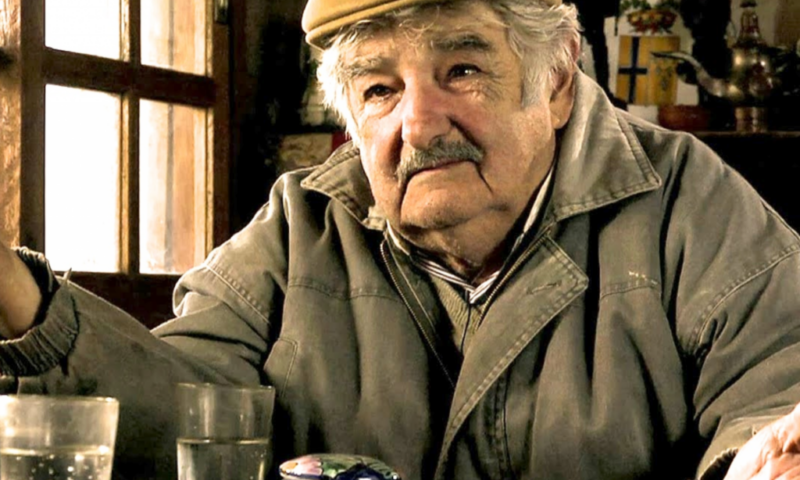
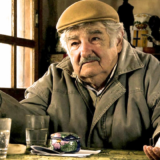
I turned off onto a long dirt road about 15 miles outside of Montevideo, Uruguay and drove towards a wooden guard shack that stood across from a small farmhouse hidden by a long row of trees. Usually, if you want to meet a country’s president – or even ex-president – you have to fight through layers of bureaucracy, confirm that you are not a threat and have a very good rationale for being considered worthy to talk to. But in the case of Uruguay’s former head of state, José “Pepe” Mujica, you simply find your way to his home – something that apparently 30 or 40 people do every day.
Interview translated from the Spanish by Celia Brugman. Video camera by Jose Maria Ciganda.
Some come to ask for help – after serving four years as president of his country, Mujica is still a powerful member of the Uruguayan senate – some to offer advice,
» Read more about: A Morning with Former Uruguayan President José Mujica »
Last week, the country’s two largest private prison operators, Corrections Corporation of America (CCA) and GEO Group, released their annual financial reports. The numbers were what we’ve come to expect — staggering. Combined, the two publicly traded companies collected $361 million in profits last year. That’s profit — taxpayer money that could be going to fixing our criminal justice system, which is badly broken.
In the Public Interest ran the numbers and that means CCA made $3,356 in profit for every person it incarcerated, and GEO Group made $2,135. What if we spent that money on mental health care, drug treatment, education or job training for those prisoners? What if, instead of lining the pockets of private prison corporate executives and shareholders, that money was invested in cultivating safer conditions in our jails and prisons?
Most agree that our criminal justice system is in crisis.